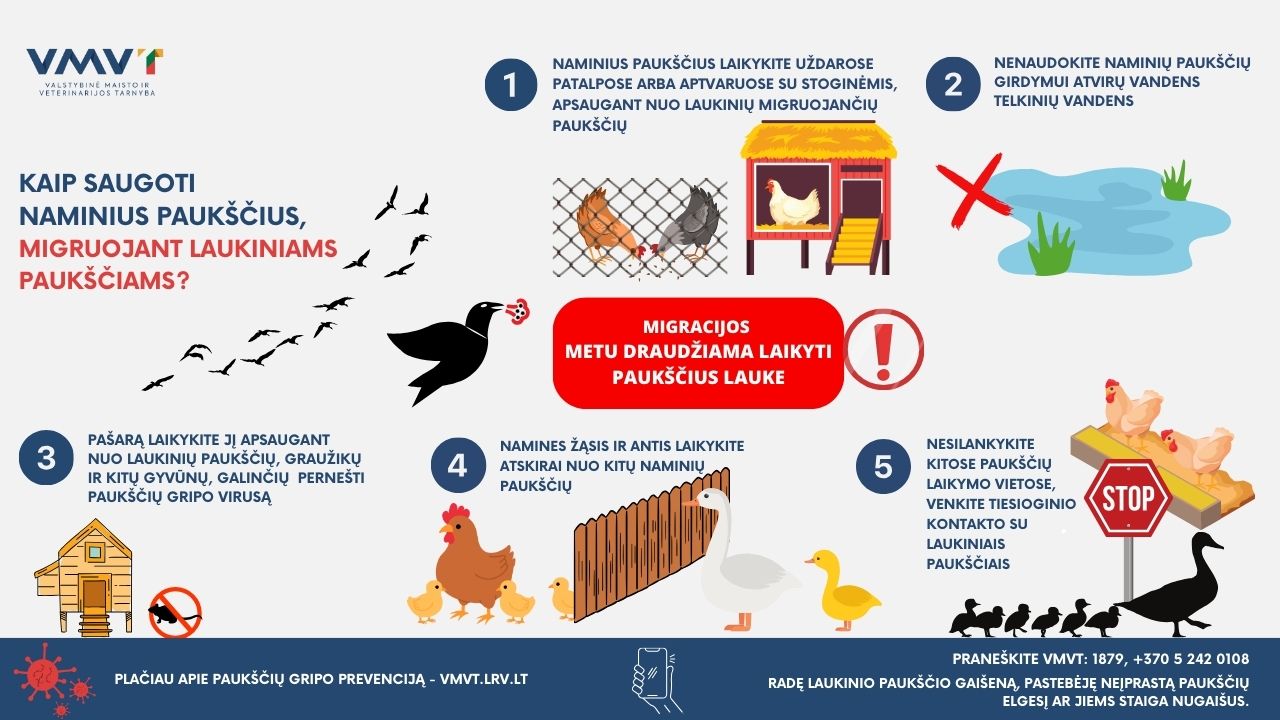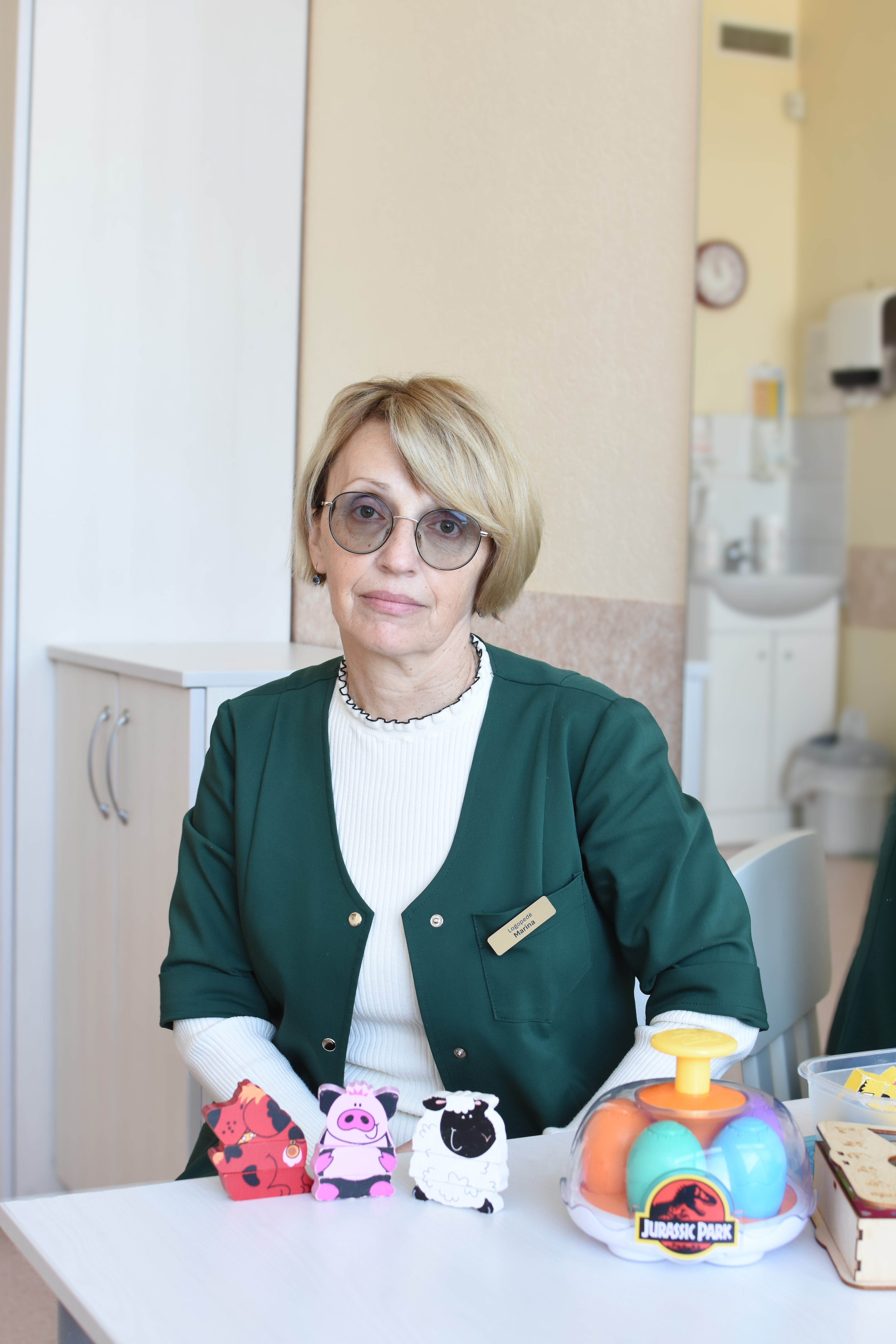Bird’s flu -approved bird flu in Kaunas

« The situation of a very pathogenic bird’s flu is unfavorable throughout Europe. Although wild birds are relatively low this year, the virus is intensively spreading in European poultry farms. New illnesses are recorded in Germany, Denmark and Poland – both in small farms and major commercial poultry. Buddrius, a private veterinarian or the SFVS, can protect the disease from the disease or adjacent farms to the surrounding areas or adjacent farms, ”emphasizes Paulius Bušauskas, Deputy Director of the State Food and Veterinary Service (SFVS).
Birds can be infected with birds, mammals and humans. The most sensitive to bird flu virus poultry is: hens, turkeys, ducks, geese and other poultry. Most birds with bird flu stop at lest, drink, breathe hard, their rags, beards, swollen head and neck tissue, and bruising in the skin and mucous membranes. There is no medication for the treatment of this disease.
According to Paulius Bušauskas, SFVS, by strengthening the competencies of veterinary inspectors, organizes the « table » exercise every year to strengthen the readiness to respond to potential bird flu ‘outbreaks in the country. This year, such exercises are scheduled for May.
SFVS is asking residents: not to visit the outbreak of wild bird flu or wild bird squad, especially if they are located near water bodies.
After visiting an infected area, it is highly likely to transport the virus to the poultry storage site or for mammals. It is especially important to comply with the following biosecurity requirements:
· The farm territory must be protected from outsiders, animals and vehicles;
· The area must be maintained and the grass is mowed;
· Disinfection of vehicles before entering the farm;
· Buildings and rooms where feeds must be protected from wild birds and rodents;
· The farm must be registered with information on bird waste, water and feed consumption;
· It is recommended to keep birds indoors or enclosures;
· The feed should be protected from wild birds, rodents and other animals;
· Do not use open water bodies to water birds;
· Home goose and ducks to keep it separate from other birds;
· Avoid direct contact with wild birds and not visit other bird houses.
It is very important for farmers to be vigilant and constantly monitor the health of their birds: suspicious signs (sudden waste, loss of appetite, respiratory problems, bruising) should be consulted as soon as possible to avoid enormous losses and the spread of the virus.
More relevant information about bird influenza and other infectious animal diseases can be found on the SFVS website in the constantly updated title section – Relevant information about animal infectious diseases;





:format(webp)/s3/static.nrc.nl/images/gn4/stripped/data132847988-458857.jpg)
